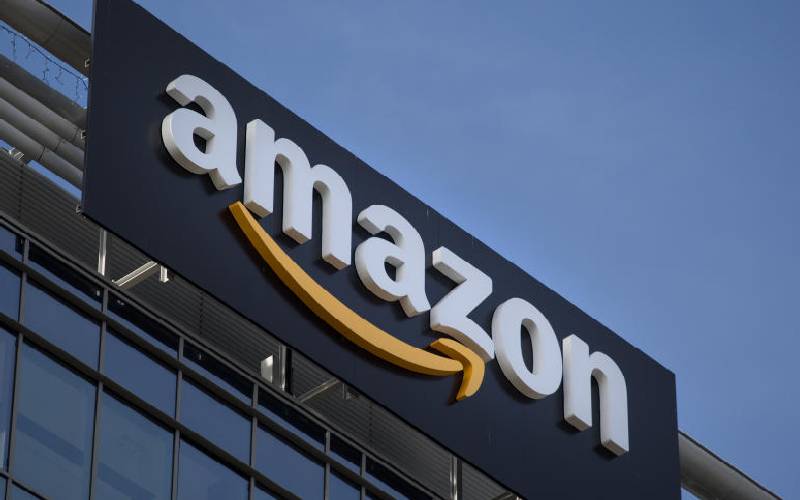 As the pandemic forced people to stay home and do more things online, some successful companies were perfectly positioned to take advantage of the change. It is these already set businesses, turbocharged by the pandemic, that are becoming even more dominant.
As the pandemic forced people to stay home and do more things online, some successful companies were perfectly positioned to take advantage of the change. It is these already set businesses, turbocharged by the pandemic, that are becoming even more dominant.
Hustle looks at the five biggest global companies that despite a dismal year have survived and thrived. The companies are gauged by their market capitalisation, which is the total dollar market value of a company’s outstanding shares of stock. Market capitalisation is important because it allows investors to understand the size of one company relative to another. Not only that but it shows the market’s perception of its prospects because it reflects what investors are willing to pay for its stock.